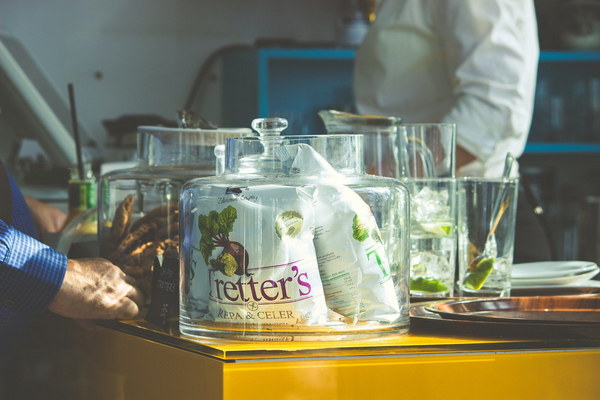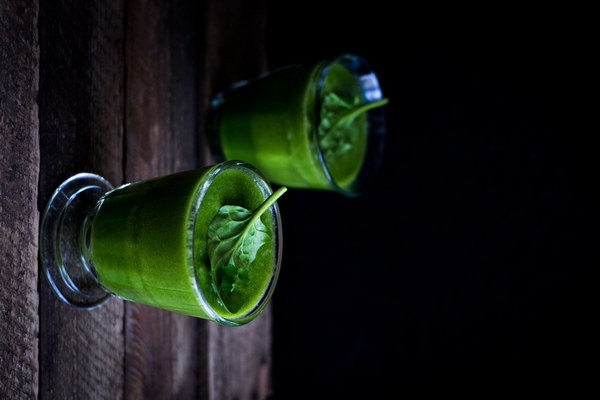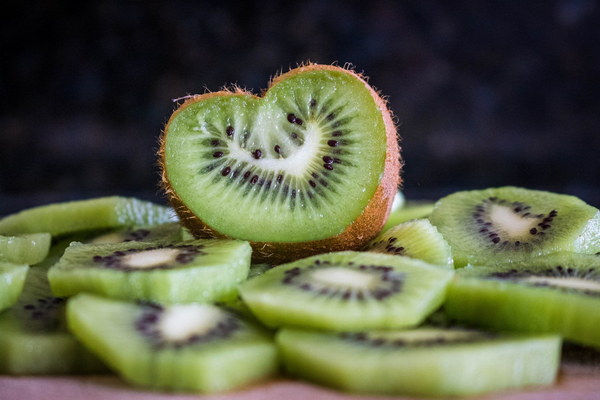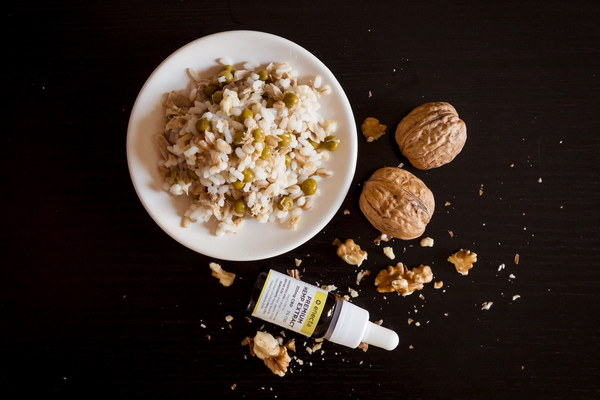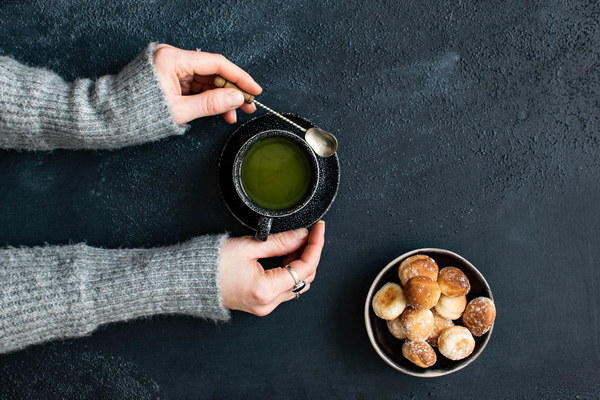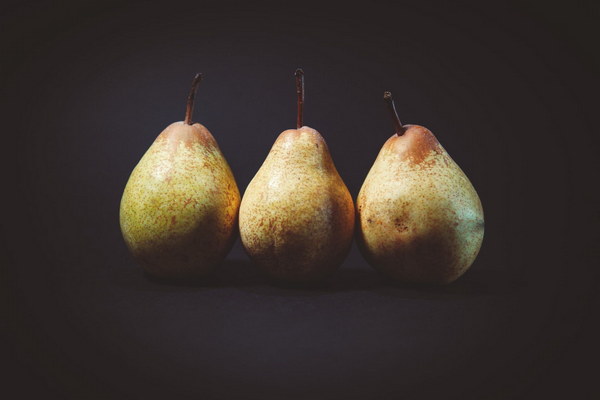The Truth Behind the Counterfeit Dilemma Are Yuwei Granules Fake
In recent years, the health and wellness industry has seen a surge in the popularity of traditional Chinese medicine (TCM) products. Among these, Yuwei Granules, a herbal formulation known for its digestive health benefits, has garnered a significant following. However, concerns have been raised about the authenticity of these granules, prompting many to ask: Are Yuwei Granules fake? This article delves into the issue, exploring the potential for counterfeit products and how consumers can distinguish between genuine and fraudulent versions.
The Rise of Counterfeits in the TCM Market
The demand for TCM products has grown exponentially, making them a lucrative target for counterfeiters. While the industry is regulated to ensure the quality and safety of products, the sheer volume of products and the lack of stringent enforcement can create vulnerabilities. Counterfeiters often replicate the packaging and labeling of popular TCM products like Yuwei Granules, making it challenging for consumers to identify fake products.
Understanding Yuwei Granules
Before we address the authenticity concerns, let's take a closer look at Yuwei Granules. This herbal formula is traditionally used to strengthen the stomach, improve digestion, and alleviate symptoms such as bloating, gas, and discomfort. It is made from a blend of natural ingredients, including Codonopsis pilosula, Atractylodes macrocephala, and Glycyrrhiza uralensis, among others.
Identifying Fake Yuwei Granules
So, how can consumers tell if their Yuwei Granules are genuine or fake? Here are some key indicators:

1. Packaging: Authentic Yuwei Granules should have a clear, professional label with all necessary information, including the manufacturer's name, product name, ingredients, dosage instructions, and expiry date. Counterfeit products may have poor-quality packaging, misspelled text, or incorrect information.
2. Ingredients: Verify the ingredients listed on the packaging against the product's official composition. Counterfeiters may substitute or omit certain ingredients, which can affect the effectiveness of the product.
3. Quality: Genuine Yuwei Granules should have a consistent color, texture, and aroma. Fake products may have an unusual color, texture, or smell, indicating poor quality or the presence of adulterants.
4. Batch Numbers and QR Codes: Many reputable manufacturers include batch numbers and QR codes on their products. Scanning these codes can lead to a verification page that confirms the product's authenticity.
5. Pricing: If the price seems too good to be true, it probably is. Counterfeit products are often sold at significantly lower prices than genuine versions.
The Role of Regulation and Consumer Awareness
Regulatory bodies are responsible for ensuring the quality and safety of TCM products. However, the complexity of the market and the ease with which counterfeiters can operate present significant challenges. Consumers can play a crucial role in combating counterfeit products by:
- Purchasing from reputable sources, such as licensed pharmacies or official websites.
- Reporting any suspected counterfeit products to the relevant authorities.
- Educating themselves about the product they are purchasing, including its ingredients and usage.
Conclusion
The question of whether Yuwei Granules are fake is a concern that affects many consumers. While the market is filled with potential risks, being informed and vigilant can help ensure that you are purchasing a genuine product. By understanding the signs of counterfeit products and taking steps to verify their authenticity, consumers can make more informed decisions and enjoy the benefits of traditional Chinese medicine without compromising their health.

